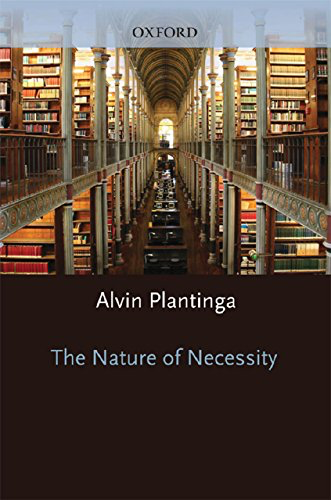Being
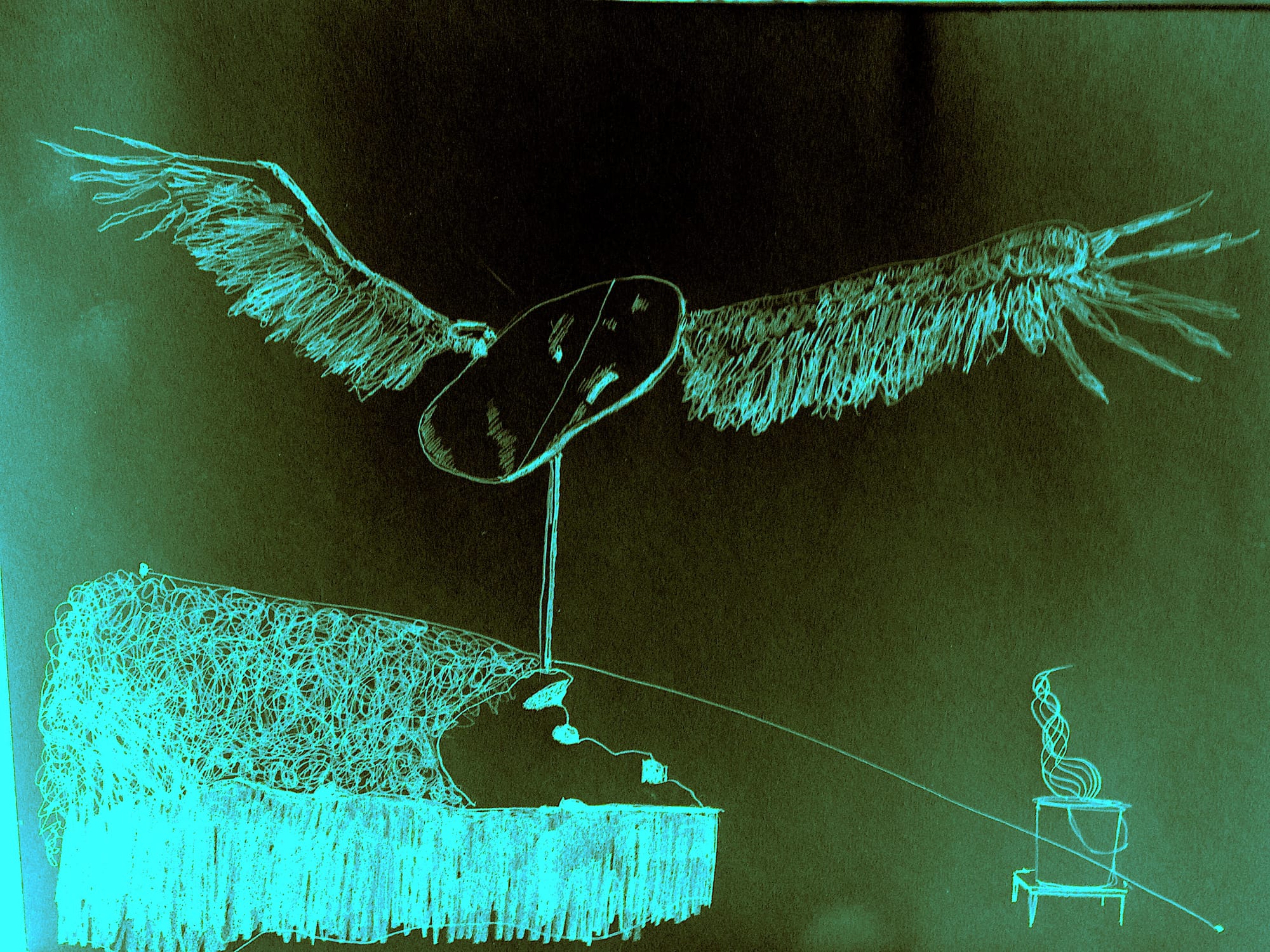
Interview by Richard Marshall

'Ontology ... as it is used by analytical philosophers, has three meanings: (i) its original meaning, (ii) the part of philosophy that addresses such questions as, “Are there universals?”, “Are there zoological species?”, “Are there non-actual but possible people?”. In both sense (i) and sense (ii), ‘ontology’ is a mass term. In sense (iii), ‘ontology’ is a count noun: ‘Quine’s ontology includes sets, but no other abstract objects.'
' The vast difference between me and a table does not consist in our having vastly different sorts of being; it consists rather in our having vastly different sorts of nature. If you prefer, what the table and I are like is vastly different.'
'I think there’s such a thing as the physical universe (in the sense in which I think there’s such a thing as the planet earth). And the physical universe is what Lewis calls ‘actual world’. I think that’s a bad thing to call the physical universe. In calling it the actual world, he implies it’s the way things are. I say it’s not the way things are; it’s rather the things that are that way.
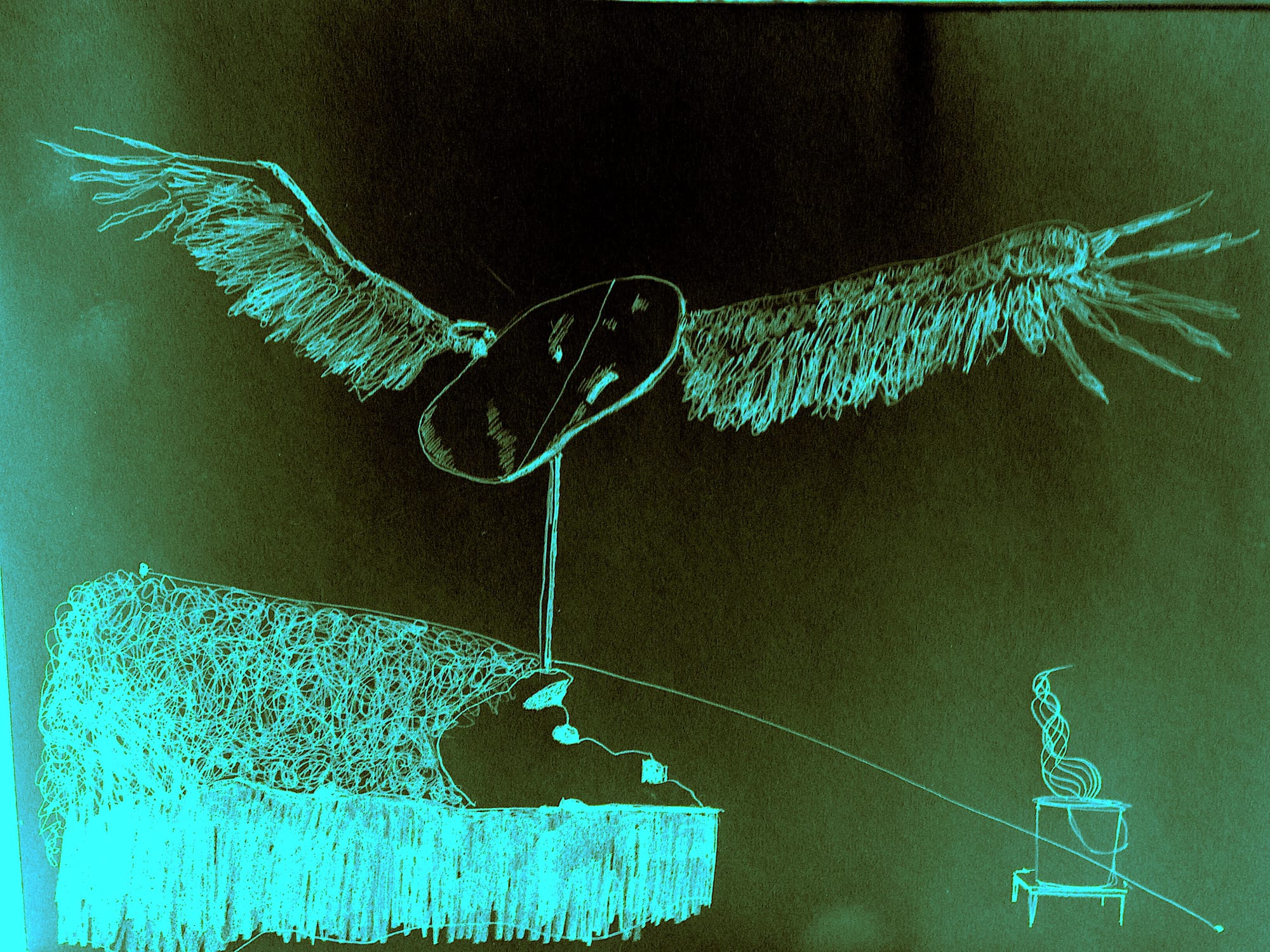
Peter van Inwagen is is the John Cardinal O’Hara Professor of Philosophy, Emeritus. While he works in a wide variety of areas of philosophy, much of his work has been in metaphysics, the philosophy of action, and the philosophy of religion. He came to Notre Dame from Syracuse in 1995, and was elected a member of the American Academy of Arts & Sciences in 2005. Here he discusses his new book, Being, Quine’s meta-ontology and the stakes, Sartre, the Quinean five theses, the work being done here by the regimentation and thus the link between formal logic and existence, the arguments for saying that there are no things that don’t exist, abstract objects, David Lewis, possible worlds, Kripkean semantics, lightwork Platonism, endorsing a method for ontology, what things exist, haecceities, metaphysics and the Clapham omnibus, and ideas that he's changed his mind about since the time he was working on the book in the 90’s.
3:16: What made you become a philosopher?
Peter van Inwagen: For answers to very general questions of this sort, I refer you to “Quam Dilecta” and to here.
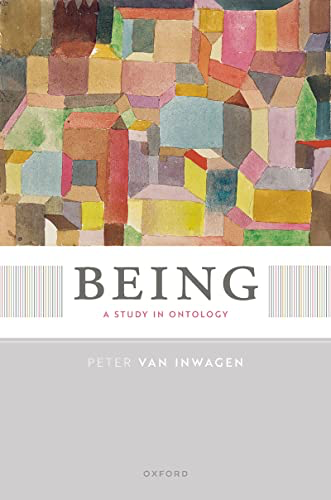
3:16: Your latest book defends a Quinean meta-ontology and then applies it to various questions of ontology. So to start with can you set out what the contrast between metaontology and ontology is and why maybe Arthur Prior and Ernest Gellner are useful starting points in clarifying what Quine’s meta-ontology is getting at and what’s at stake?
PVI: That’s a tall order. I’ll try.
In the book we call the Metaphysics, Aristotle identified “first philosophy” with the science of “being as such.” After the word ‘metaphysics’ had been invented—after Aristotle’s death; long story—it was used as a name for what Aristotle had called first philosophy. In the seventeenth century, however, “metaphysics” came to be understood as comprising many more topics than being as such—the relation between mind and body, for example, or personal identity across time, or the nature of causation. And in that century, the word ‘ontology’ was invented to name the “science” that investigates the nature of being.
Today the word, as it is used by analytical philosophers, has three meanings: (i) its original meaning, (ii) the part of philosophy that addresses such questions as, “Are there universals?”, “Are there zoological species?”, “Are there non-actual but possible people?”. In both sense (i) and sense (ii), ‘ontology’ is a mass term. In sense (iii), ‘ontology’ is a count noun: ‘Quine’s ontology includes sets, but no other abstract objects. Goodman’s does not include sets’. Because of this ambiguity, I have invented the word ‘meta-ontology’ to represent unambiguously the original sense of ‘ontology’. ‘Meta-ontology’, like ‘ontology’ has a count-noun sense: “My meta-ontology is Quine’s,” and so on.
Prior and Gellner provide useful contrasts to Quine’s meta-ontology (and therefore to mine). Quine maintains that if you say, “Some zoological species are cross-fertile,” you apparently “quantify over” zoological (or as he would have it ‘zoölogical’) species. That is to say, you apparently affirm the existence of zoological species—for ‘Some Fs are G’ and ‘Fs that are G exist’ are both represented in “the canonical notation of quantification” by ‘∃x (Fx & Gx)’. Gellner, however, says, “I shamelessly ‘quantify over’ abstractions and deny their existence!” The response of the “Quinean” is, “Gellner, what you’ve said is that you both affirm and deny the existence of abstractions.” A neo-Quinean like myself (that is, someone who agrees with Quine about meta-ontology, but not about ontology) would contend that ‘Paul believes some things that Elmer does not’ should be read as ‘∃x (Paul believes x & it is not the case that Elmer believes x)’—which implies that there exist “things that are believed.” And things that are believed are what philosophers have called “propositions.”
Prior will have none of that. He suggests the reading, ‘∃p (Paul believes that p & it is not the case that Elmer believes that p)’. Quine and his neo-Quinean followers insist, however, that the “variables” of formal logic are nothing but third-person-singular pronouns. ‘∃x (Paul believes x & it is not the case that Elmer believes x)’ thus means ‘Something is such that Paul believes it and Elmer does not believe it’. But then what does ‘∃p (Paul believes that p & it is not the case that Elmer believes p)’ mean? Not, obviously, the nonsensical ‘Something is such that Paul believes that it and Elmer does not believe that it’. But if not that, what?
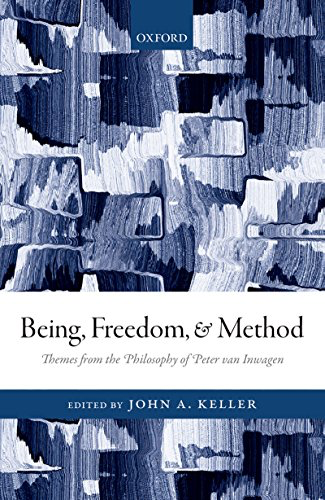
3:16: You contrast your approach to ‘being and existence’ with the phenomenologist ‘tradition’ of Heidegger, Husserl and Sartre and it seems that one of the main differences between them is that they confuse the different natures of things with whether or not things exist in different ways. Can you say something about this and introduce us to the Quinean meta-ontology and its five theses?
PVI: Well, let’s consider only Sartre. (I don’t know much about Husserl, and anything anyone says about Heidegger is bound to be controversial.) Sartre distinguishes two kinds of being. There is, on the one hand, être-pour-soi or “being for itself.” That’s your and my kind of being. The being of free, conscious agents. It is essentially incomplete, and, as it were, fills itself in by making free choices. And there is, on the other, être-en-soi or “being in itself,” the being of inanimate objects. (What about the being of non-human animals? Sartre seems to think that their being is inaccessible to us, and that he can therefore not say anything about it.) The being of, e.g., a table consists in “just standing there” and “changing, if at all, only in response to external forces.”
I, of course, do not deny that there is a vast difference between free, conscious agents like ourselves and mere inanimate objects. I believe in this difference quite as firmly as Sartre does. But to insist, as I do, that this difference does not consist in the one sort of thing’s having a different sort of being from the other’s is not to deny it. The vast difference between me and a table does not consist in our having vastly different sorts of being; it consists rather in our having vastly different sorts of nature. If you prefer, what the table and I are like is vastly different. This is a perfectly trivial thing to say: that a vast difference between A and B must consist in a vast difference in their natures. But if a distinction can be made between a thing’s being and its nature, this trivial truth is in competition with a certain statable falsehood. And if one denies the trivial at the outset of one’s investigations, there is no hope for one later on.
As to the Quinean meta-ontology, well . . . (1) Being is not an event or activity; (2) being is the same as existence; (3) being is univocal (has only one sense), (4) is what is expressed by the existential quantifier. The fifth thesis is more complex; in the simplest possible terms, to find out what you should believe in, find out what you think is true; then express all this in the quantifier-variable idiom of formal logic. See what you can formally deduce from the things you believe that is of the form ‘∃x Fx’. That will tell you what to believe about what exists.
3:16: A lot depends on you having got the right account of quantifiers and variables – the Quinean way - and there are rivals aren’t there. Is it possible to say why this is so important and what would happen to your ontology if any of the main rivals were actually right. This introduces the notion of regimenting natural languages so we can eventually see the ontological commitments of a language user doesn’t it – can you say something to a generalist non-specialist audience so they get a sense of the work being done here by the regimentation and thus the link between formal logic and existence?
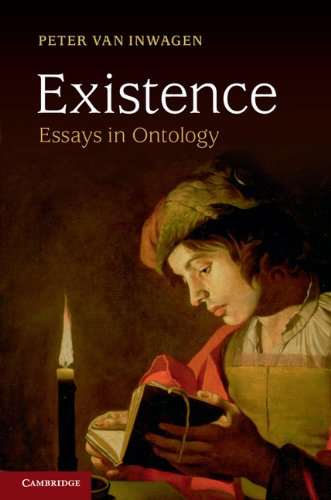
PVI: Let’s examine an existential belief. Theists believe this:
Something created everything else.
In the quantifier-variable idiom:
∃x∀y (y ≠ x -> x created y).
I say that this should be regarded as an abbreviation of
_______________________________________
↓ ↓ ↓
Something is such that (everything is such that ((it ≠ it) → it created it)) ↑_____________↑_________↑
Something is such that (everything is such that ((it ≠ it) -> it created it))
(In this display, the lines and arrows indicate the antecedent—‘something’ or ‘everything’—of each occurrence of ‘it’. This is the only reduction of the quantifier-variable idiom to ordinary language (well, ordinary language in a certain technical sense of “ordinary language”) that I know of.
3:16: So can you sketch the arguments for saying that there are no things that don’t exist. Do you think that if ‘Batman speaks to The Joker’ is true then Batman and the Joker must exist? Why wouldn’t Meinong’s doctrine that objects of thought need have no being of any kind be a doctrine you’d defend?
PVI: I say ‘x exists’ means ‘∃y y = x’. If that’s so, ‘There are no things that don’t exist’ becomes
~ ∃x ~ ∃y y = x,
which is easily enough proved: Everything is identical with something (namely, itself); that is
∀x ∃y x = y.
In this expression, replace ∀x’ with the equivalent ‘~ ∃x ~’ and ‘x = y’ with the equivalent ‘y = x’ and you have
~ ∃x ~ ∃y y = x.
Yes, Meinong does think that objects of thought need have no being of any kind, doesn’t he? Well, so does my friend Jake. Jake thinks that there are no objects of thought, and he’s aware that
~ ∃x Fx . -> ∀x (Fx -> Gx)
is a theorem of logic. So he thinks that
∀x (x is an object of thought -> x has no sort of being whatever)
for the same reason he thinks that
∀x (x is a unicorn -> x is a Greta Van Fleet fan)
“But Meinong isn’t like that. He thinks that there are objects of thought.”
“Including ones that have no sort of being whatever?”
“Yes, those too.”
“But how can it be that there is something that has no sort of being? When you say ‘there is’ you’re attributing being to it. Meinong says, ‘One who was fond of a paradoxical mode of expression might very well say, “There are objects of which it is true that there are no such objects.”’ But he never tells us what someone who was not fond of a paradoxical mode of expression might say. And he doesn’t because he can’t. And he can’t because it’s impossible—a problem without a solution. Meinongianism is therefore incoherent.”
As to Batman and the Joker, consider this conversation (transcribed from an exchange of text messages between an executive of Wonder Comics and one of his staff). I’ve been looking through Joan Curtis’s resumé like you asked me to, Boss, and I’ve got some bad news. She claims to have invented a feminist superheroine called “the Preying Mantis,” who ran for a couple of issues of Chilling Adventures in 2007 and 08 over at Tip Top Comics.
So somebody else invented the Preying Mantis and she’s claiming she did?
No, Boss, sorry, I guess I wasn’t being clear. Curtis just made her up. Nobody invented the Preying Mantis. There isn’t any such superhero. She doesn’t exist.
But the following statements are certainly false:
Nobody invented Batman. There isn’t any such superhero. He doesn’t exist.
‘Batman speaks to The Joker’ isn’t an ontologically interesting sentence. An example of an ontologically interesting sentence is ‘There are superheroes who were invented in the late thirties or early forties who are now more popular than ever’.
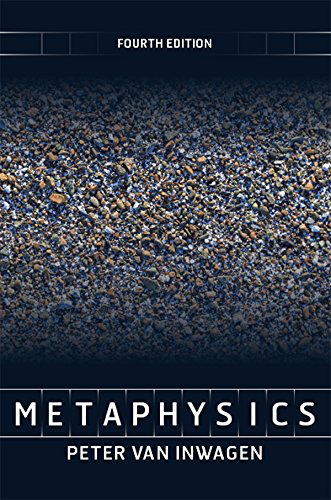
3:16: Some might argue that abstract objects don’t exist but you argue that they do – so can you say what counts as an abstract in your ontology and what are the best reasons for thinking – contra you – that they don’t exist?
PVI: Abstract objects are objects that can’t enter into causal relations. If you believe in them, you must suppose that reality divides into two radically different realms.
3:16: So how do you push back against these reasons and assert your Platonism and in particular your notion of assertibles, saturated and unsaturated?
PVI: It seems that in our everyday discourse and in science we quantify over them. If we stopped saying and believing the things that imply the existence of abstract objects, we couldn’t deal successfully with the world around us. And I don’t like to contradict myself.
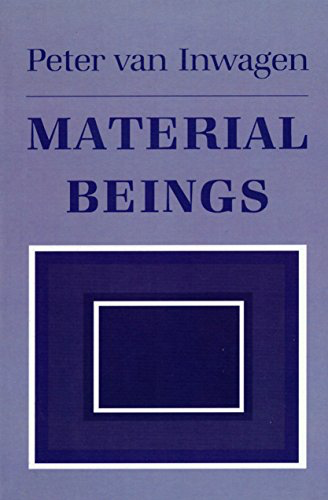
3:16: You target David Lewis’s assertion that there are many ways things could have been besides the way they actually are, that there exist entities of a certain sort that have ways they could have been as a way into discussing possible worlds and the ontology of possibility. Can you sketch for us what the issues are in this neck of the woods and again, what are strong reasons supporting the kind of position Lewis presents?
PVI: Oh, no, not at all! I agree with Lewis’s assertion that there are many ways things could have been besides the way they actually are—and I affirm possible worlds are the largest, most comprehensive of them. I think he’s got their properties all wrong, however. I don’t think there are things that have the properties he ascribes to possible worlds. And I think that if there were such things, it wouldn’t be right to call them ways things could be.
3:16: You argue against possible worlds – you don’t even think that there is at least one possible world – this one – is obvious do you? What are you arguing here and does this make you support actualists? You actually don’t think the term actualists helpful at all do you?
PVI: Well, I think there’s such a thing as the physical universe (in the sense in which I think there’s such a thing as the planet earth). And the physical universe is what Lewis calls ‘actual world’. I think that’s a bad thing to call the physical universe. In calling it the actual world, he implies it’s the way things are. I say it’s not the way things are; it’s rather the things that are that way.
Actualism is opposed to possibilism. Possibilism is the thesis that there are things that might exist but don’t exist. But things that might exist but don’t exist are things that don’t exist: it says so on the label. And that’s what I say: they don’t exist. That is, there aren’t any such things.
“Oh, but you’re just assuming that being and existence are the same thing.”
Well, here’s what I mean by exists (as I said above): ‘x exists’ means ‘∃y y = x’. If that’s right, of course being and existence are the same thing. So you think being and existence are not the same thing, you mean something other than ‘∃y y = x’ by ‘x exists’. But what would that be? You have never said.
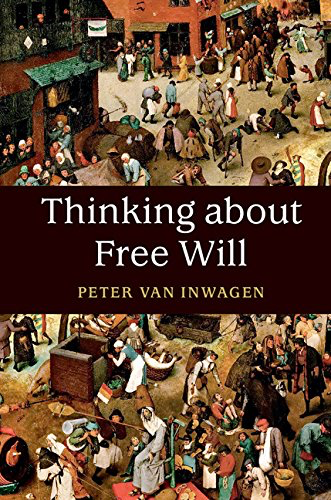
3:16: Why doesn’t Kripkean semantics for modal logic support having possibilia in our ontology?
PVI: Well, the pure semantics doesn’t have any implications for ontology. You have to say what the members of the universal set are—that is, you have to provide a modal metaphysic—in order for your use of the semantics to have any ontological implications. You don’t have to suppose, in laying out your modal metaphysic, that there are mere possibilia (things that might exist but don’t). Haecceities or individual essences will do very well for the members of the universal set.
3:16: You end up with what you call ‘lightwork Platonism’ which involves drawing on the arguments you’ve sketched out to produce both an ontology and a meta-ontology. First, you say that your meta-ontology involves a ‘thin concept’ of being. Can you unpack that for us – and what’s the contrast you’re opposing?
PVI: According to the thin concept, all the following sentences mean more or less the same thing:
Intelligent extraterrestrials exist
There are Intelligent extraterrestrials
Not everything is not an Intelligent extraterrestrial
The number of intelligent extraterrestrials is not 0.
And, moreover, if we call those sentence Group One, and call the following sentences Group Two,
Solutions to Liouville's equation exist
There are solutions to Liouville’s equation
Not everything is not a solution to Liouville’s equation
The number of solutions to Liouville’s equation is not 0’
the non-boldfaced parts of the sentences in Group Two mean exactly what they meant in the sentences of Group One (despite the fact that the Group One sentences are about biological entities and the Group Two sentences are about solutions to a non-linear second-order partial differential equation).
That’s pretty much what the thin conception says. The thick conception says, “Oh, no! There’s much more to being than that. See, for example, Sartre (above), or Meinong’s distinction between Existenz and Bestand or Ryle on the existence of mind and the existence of body.
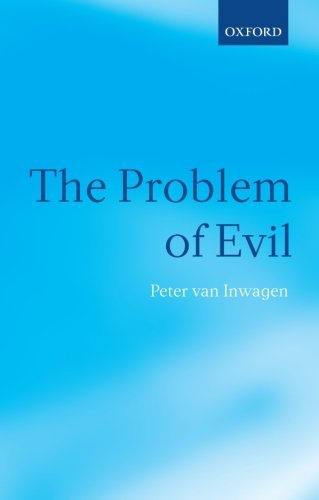
3:16: You’re endorsing a method for ontology – can you say how this method works? You’re rejecting the notion of an ontological investigation via a metaphysical explanation – why don’t you think such attempts at explanation make no sense?
PVI: Because there’s nothing for them to explain. “Explain why these two tennis balls are of the same color.” “Well, it’s because they’re both optical yellow, and most tennis balls have that color because it tracks better than any other color on a tv screen.” I didn’t mean that kind of explanation, you silly. “Well, it’s because they both re-emit incipient light differentially in an interval centered around 555 nm.” I didn’t mean that kind of explanation, you silly. “Well, it’s because normal observers who look at them in circumstances that maximize the ability to make distinctions among colors experience the same subjective color-sensations.” I didn’t mean that kind of explanation, you silly. “Yeah, well, there isn’t any kind of explanation left.”
3:16: How has metaphysical reasoning convinced you that every role a Quinean discourse uncovers can be played by either non-causal abstracts or causal concreta? This results in a very sparce ontology doesn’t it? What are you ruling out with this approach and are you sure that your lightweight Platonism really can accommodate everything without them – and doesn’t it lead you to having to accept that your current mental states existed when dinosaurs roamed the earth and would have done even if no conscious beings had ever existed?
PVI: One who was fond of a paradoxical mode of expression might say that from my point of view, there are many, many things that don’t exist. Here’s a list from the book Being; for each of the items in the list, I must say either, “There are no such things” or “There are such things and they are concrete particulars” or “There are such things and they are relations.”
—facts and states of affairs
—states (as in “mental state” and “physical state”)
—physical quantities: masses, charges, forces, . . .
—kinds (natural or otherwise): species, genera, taxa
—immanent universals
—tropes or individual accidents or property instances
—bare particulars or substrates
—mathematical entities: sets, numbers, vectors, functions, operators . . .
—events (or changes) and processes
—moments and intervals of time
—spatial points and lines and regions
—points in and regions of space-time
—stuffs and quantities of stuff: water; a half-liter of water; the half-liter of water in this bottle
—“derivative entities” or “ontological parasites” or “modes of substance”: holes, cavities or hollows, surfaces, waves, shadows, reflections . . .
—mental/perceptual/intentional entities (other than immaterial mental substances like Cartesian egos): pains, qualia, sensations, sense data, thoughts, episodes of reasoning, the witch that Hob thought had blighted his crop . . .
—linguistic entities: word-tokens, sentence-types, questions, tenses, languages . . . .
—social entities: married couples, universities, football teams, political parties, religions, nations .
(And, of course, no tables or chairs, either.)
I am committed to showing how we can do without those of these things that can’t be identified with concrete particulars or with relations.
The mysterious thing about mental states is not how my present one could have existed when dinosaurs ruled the earth. The most mysterious thing about them is what they’re supposed to be. I mean, I know what metal properties are, and what is a mental state if not a mental property? If there are mental states, then A’s mental state at t is determined by his mental properties. I think.

3:16: Does maths – and sets in particular – pose a particular problem for your lightweight Platonism – how do you deal with the problem and how do haecceities help? (It might be helpful for you to spell out what you take a Haecceity to be for the non-specialist reader).
PVI: For anything whatever, its haecceity is the property of being that thing. For example, Socrates’ haecceity is the property of being Socrates—it’s what Glaucon ascribes to the figure approaching him and Crito though the mist when he says, “Ah, Crito, Socrates approaches.”
I would replace sets with disjunctions of instantiated haecceities. So, for example, the unit set of Socrates is replaced by the property of being Socrates, the set containing just Socrates and Plato is replaced by the property that can be called either ‘the property of being either Socrates or Plato’ and ‘the disjunction of the haecceities of Socrates and Plato’ and the set of real numbers (assuming that we somehow have the real numbers) is the disjunction of the haecceities of the real numbers.
3:16: At the start of the book you point out that Jonathan Schaffer seems to equate Quine’s ontology with his metaphysics and I think you deny this. You’re a metaphysician and as we’ve seen you end up with an enormously detailed analytic ontology which in many respects conflicts with common sense (at a first glance at any rate). So what is the value of metaphysics, and what should it’s relationship be with common sense and idiomatic uses of a language? How far can it stray from these before it becomes suspect? I guess I’m wondering how to account for success and failure in metaphysics?
PVI: Well, let me repeat what I said “at the start of the book.” Schaffer says that Quine’s view is that metaphysics is about what there is. And the only work he cites is “On What There Is.” These are the only two occurrences of the word ‘metaphysics’ in “On What There Is”: This, I think, is characteristic of metaphysics, or at least of that part of metaphysics called ontology: one who regards a statement on this subject as true at all must regard it as trivially true.
Metaphysics is no worse off in the respects you mention than any other part of philosophy. See
https://andrewmbailey.com/pvi/Cliffords_Ghost.pdf
I deny that there is anything that in any way resembles what philosophers call common sense. (Common sense exists. It tells you to taste your food before you salt it and not to play cards for high stakes with strangers you meet on trains. It has nothing to say about metaphysics.) But if someone insists that “common sense” is what is believed on the Clapham omnibus, rather than fight about the proper meaning of ‘common sense’, I’lI make a substantive (rather than a merely verbal) point: I’ll deny that my metaphysic contradicts anything believed on the Clapham omnibus.
3:16: You explain in the preface that the book is somewhat an historical document – a book based in the 90’s of the last century. If you were starting the project today would there be philosophers and issues that might have been included that haven’t been? And are there ideas that you’ve changed your mind about since the time you were working on it in the 90’s?
PVI: Yes, I’d talk about truth-makers, grounding and fundamentality, quantifier variance, ontologese and “cutting-at the joints,” modes of being, and neo-Carnapianism and “easy ontology.”
3:16: And for the curious readers here at 3:16, are there five books other than your own that will help us to continue to investigate your philosophical world?
PVI: Ummm...
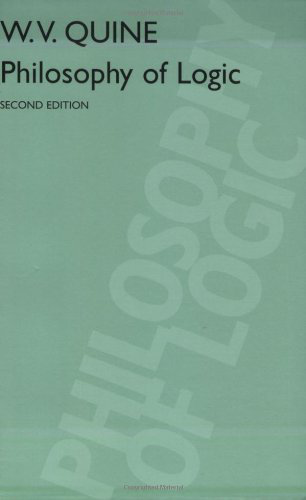
W.V. Quine Philosophy of Logic
Alvin Plantinga, The Nature of Necessity
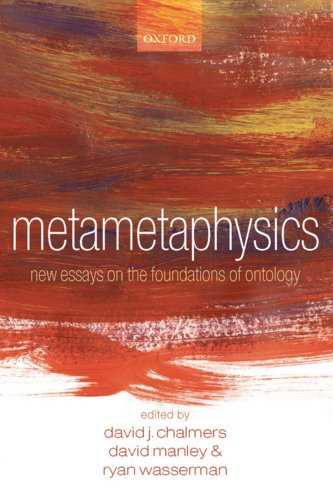
David Chalmers, David Manley, and Ryan Wasserman, Metametaphysics: New Essays on the Foundations of Ontology
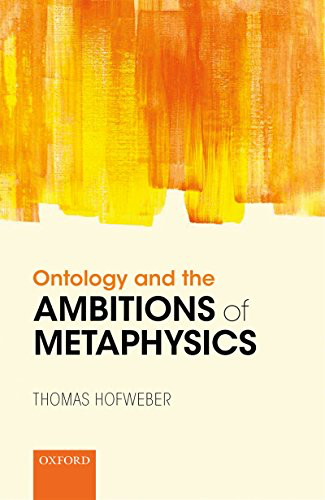
Thomas Hofweber, Ontology and the Ambitions of Metaphysics
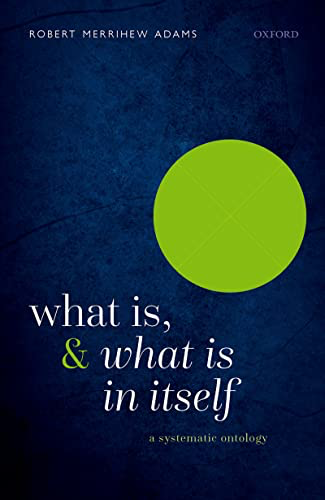
Robert Adams, What Is, and What Is in Itself
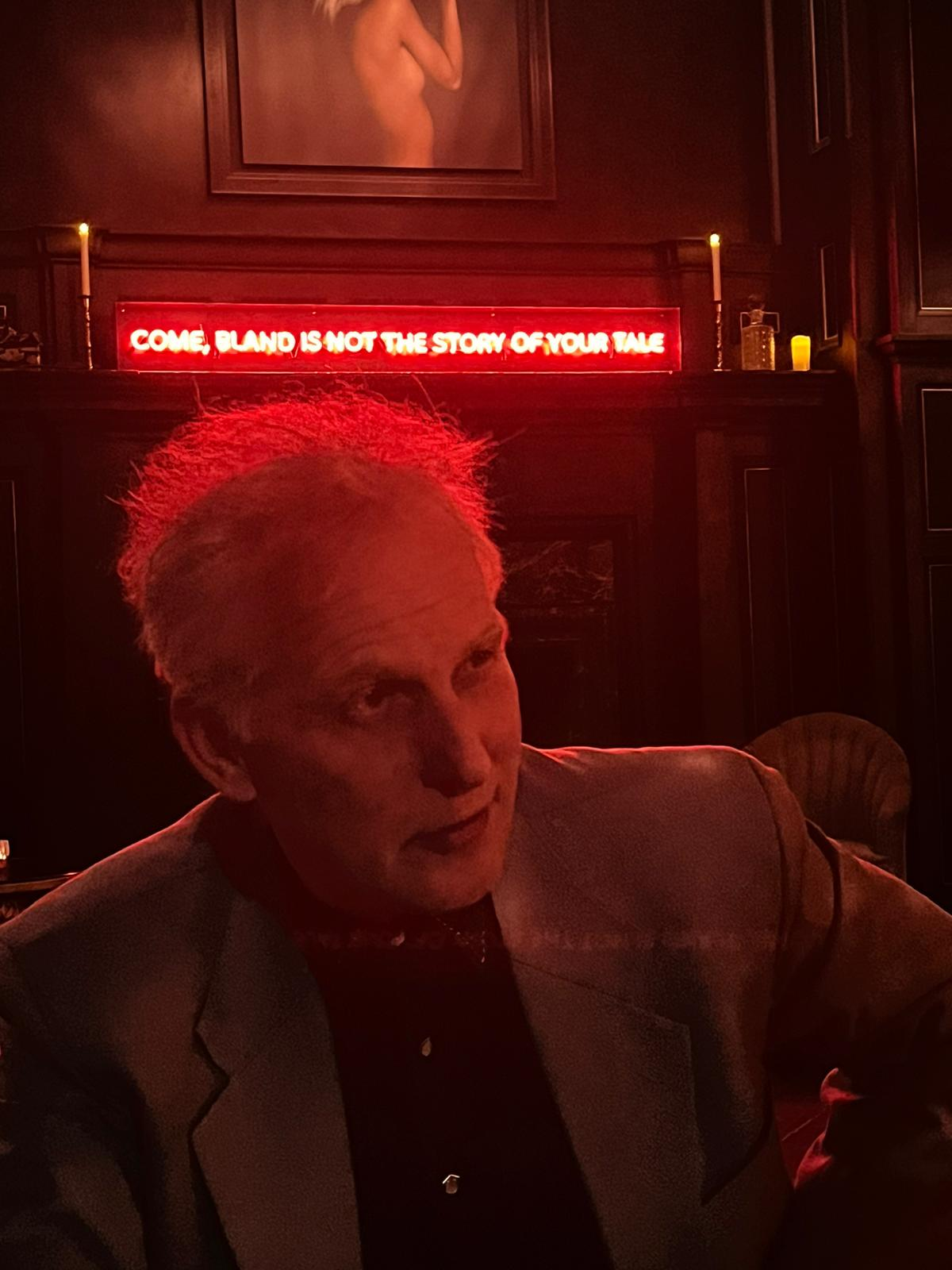
ABOUT THE INTERVIEWER
Richard Marshall is biding his time.
Buy his second book here or his first book here to keep him biding!
End Time series: the themes
Huw Price's Flickering Shadows series.
Steven DeLay's Finding meaning series
Josef Mitterer's The Beyond of Philosophy serialised
NEW: Art from 3:16am Exhibition - details here
